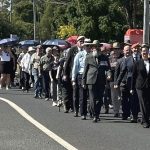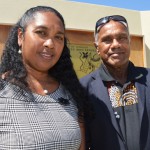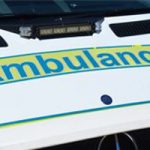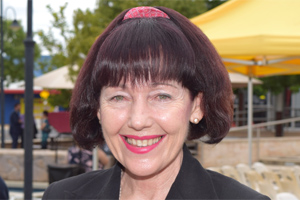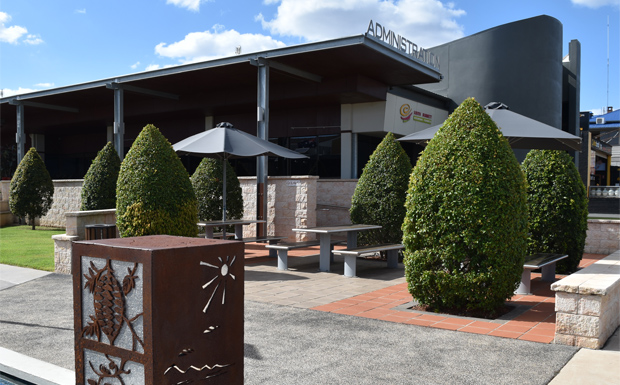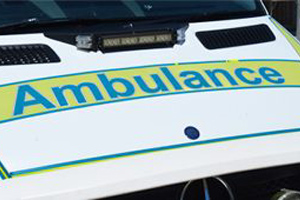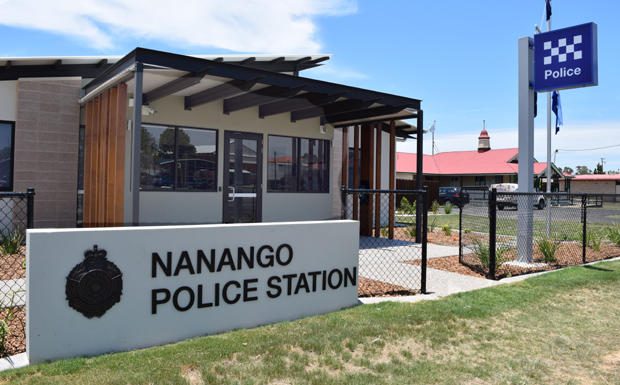July 31, 2013
The RACQ has expressed concern over the number of motorists unaware of their legal rights if they crash, and has released a YouTube video to provide practical tips and advice on what to do.
RACQ Executive Manager Insurance Communications Mike Sopinski said being involved in a car crash, even a minor one, could be a traumatic experience and many people didn’t know what to do.
“It may be hard to think clearly immediately after a crash and even harder to remain calm, so motorists should take care not to make any statements, such as admitting liability to other drivers, police or witnesses,” Mr Sopinski said.
“First, if anyone is hurt, render all assistance possible, but it’s important to check for danger to yourself or others before doing so, and to call the police and ambulance immediately.
“Motorists are required by law to contact the nearest police station if the estimated total damage to property (other than the driver’s vehicle) exceeds $2500.”
Mr Sopinski said motorists must also report a crash to police immediately if:
- A vehicle involved needs to be towed
- Any driver involved in the crash does not give his/her details to other drivers involved
- Any person is killed or injured.
“Motorists should be aware their actions may influence subsequent legal and insurance claims by you, or against you, and that you’re within your rights to refuse to give police, or anyone else, a signed statement,” Mr Sopinski said.
“However, you must produce your licence (and medical certificate if required) if requested by police and provide all particulars in relation to the vehicle, its owner and driver.
“Motorists should put their safety and the safety of others as a clear priority.
“If crashed vehicles are not obstructing the flow of traffic, they should remain in position until police arrive. But if the vehicles are obstructing traffic, motorists should take photos of the crash scene if safe to do so, then vehicles may be moved out of the way to open the flow of traffic.
“It is important drivers involved in a collision contact their insurance company as soon as possible to lodge a claim.
“When a vehicle is damaged in a crash involving another vehicle, the driver should obtain the full names, residential addresses and phone numbers of all other drivers, and the registration numbers and the insurance details of the vehicles involved.
“It’s also important that motorists do everything they reasonably can to limit and prevent further loss or damage to vehicles.
“Motorists are reminded that they are also entitled to obtain the name of any police officer to whom they report the crash as these details may be needed for their insurance claim.”
Mr Sopinski said that when making an insurance claim, there were several important things motorists must not do:
- Carry out any repairs other than emergency repairs
- Dispose of any damaged property unless advised by their insurer
- Authorise repairs to anyone’s property
- Admit liability to anyone
- Negotiate, pay, settle, or agree to settle a claim with anyone.








